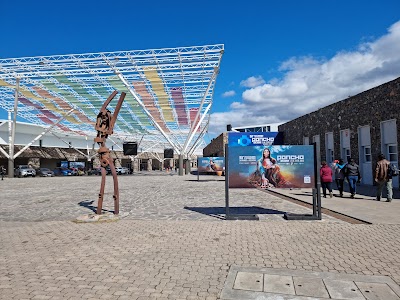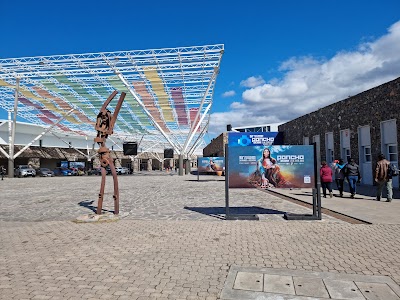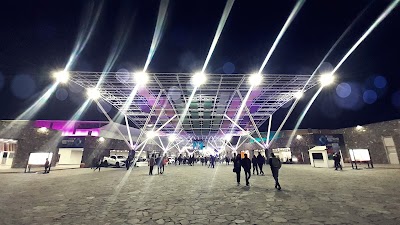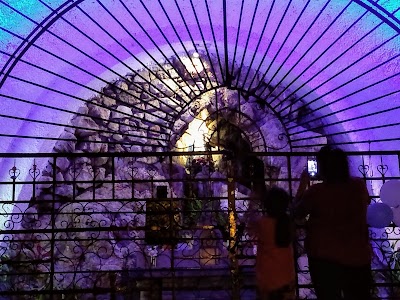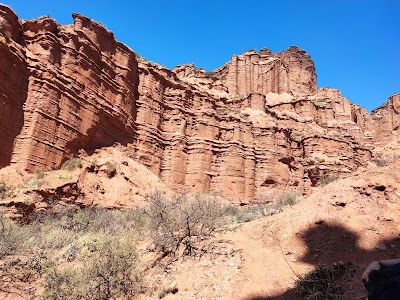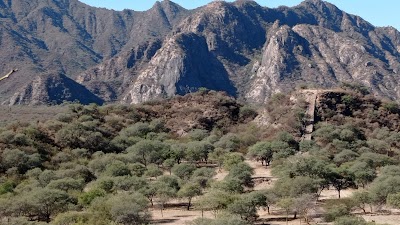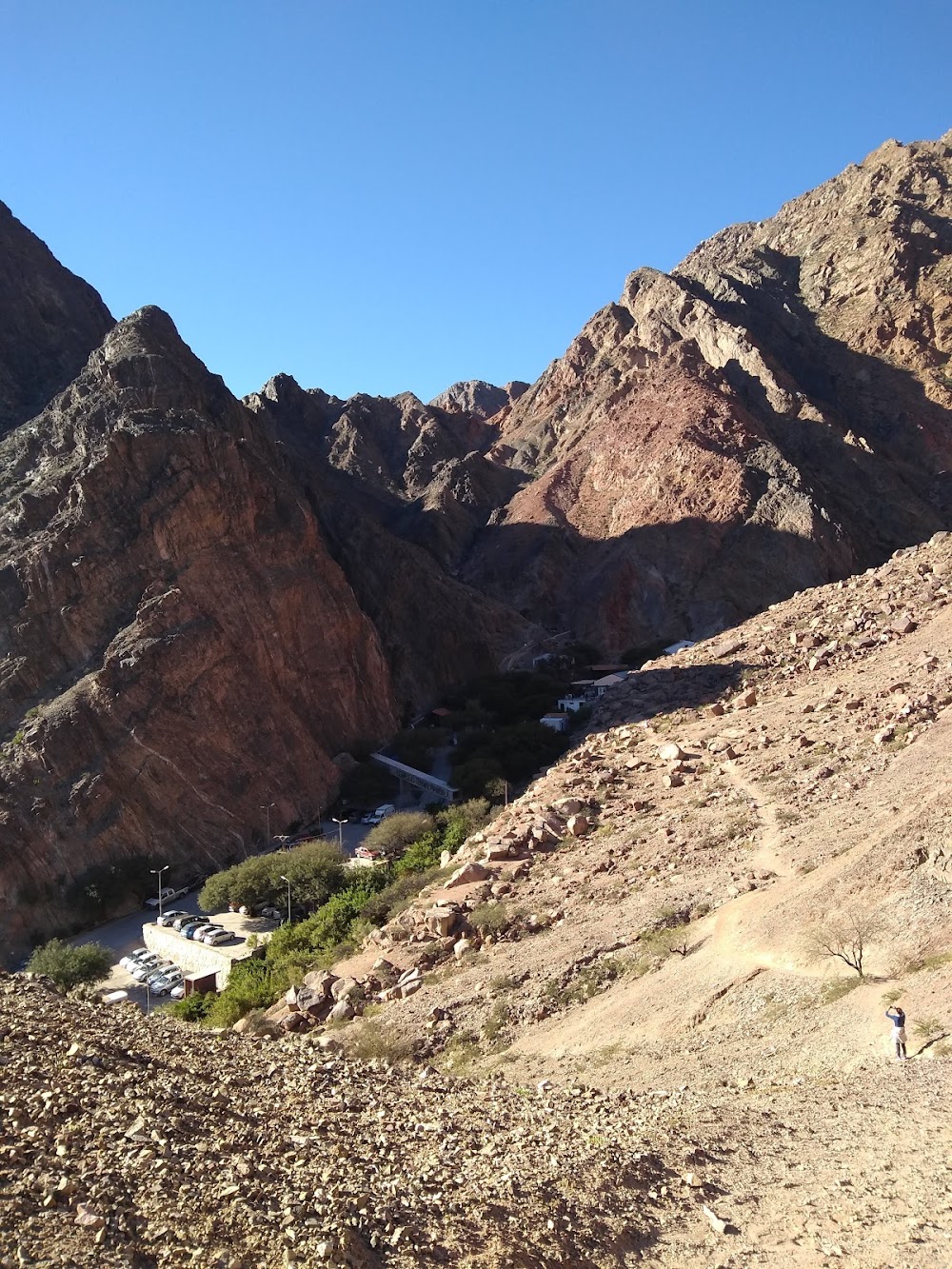Fiesta Nacional del Poncho (Fiesta Nacional del Poncho)
Overview
**Nestled in the picturesque province of Catamarca, Argentina**, the Fiesta Nacional del Poncho is a vibrant and culturally significant event that has captivated both locals and visitors for decades. This annual festival, dedicated to the traditional poncho, celebrates Argentine heritage, craftsmanship, and the rich historical tapestry of the region. For foreign tourists, it offers an immersive experience into the heart of Argentine culture, providing a unique opportunity to witness and partake in traditional festivities, craftsmanship, and unmatched hospitality.
**First held in 1954**, the Fiesta Nacional del Poncho has evolved into one of Argentina's most iconic cultural events. Every July, the town of San Fernando del Valle de Catamarca comes alive with festivities aimed at preserving and promoting the traditional poncho—a quintessential symbol of Argentine rural heritage. This large, woolen garment has been an integral part of local attire for centuries, serving not only as a practical piece of clothing but also as an emblem of identity and craftsmanship.
**Visitors to the Fiesta Nacional del Poncho can expect a sensory feast.** The festival grounds transform into a bustling marketplace where local artisans proudly showcase their exquisite ponchos and other handcrafted goods. Each poncho, often handwoven from sheep or llama wool, reflects the intricate skills passed down through generations. Tourists have the chance to watch live weaving demonstrations, engage with craftsmen, and even try their hand at traditional methods.
**Beyond the artisans' stalls, the festival features a diverse lineup of cultural events.** Folklore music and dance performances are a staple, with local and national artists gracing the stage to perform spirited numbers that encapsulate the soul of Argentine folk traditions. For those with a taste for contemporary sounds, there are also concerts featuring popular Argentine bands and musicians, ensuring that the festival's musical offerings cater to a wide range of tastes.
**One of the festival's unique highlights is its traditional cuisine.** The festival grounds are brimming with food stalls offering a tantalizing array of local delicacies. Visitors can savor empanadas, locro (a hearty stew), tamales, and the famed Argentine asado (barbecue), among other mouthwatering dishes. This culinary experience is complemented by local wines and beverages, providing a well-rounded introduction to the region's rich flavors.
**For history enthusiasts, the festival serves as a gateway to exploring Catamarca's cultural heritage.** The region boasts numerous historical sites, including ancient indigenous ruins, colonial churches, and museums. The Museo Folclórico Provincial, for example, offers deeper insights into the area's folklore and traditions, with exhibits on traditional costumes, musical instruments, and other cultural artifacts.
**The Fiesta Nacional del Poncho is more than just an event; it is a living celebration of Argentine identity and heritage.** For foreign tourists, it provides a rare chance to go beyond typical tourist trails and delve into the heart of local life and traditions. The sense of community, pride in craftsmanship, and joyous celebration of culture create an atmosphere that is both welcoming and unforgettable.
**In addition to the main festival, tourists can explore the stunning natural beauty of Catamarca.** Known for its breathtaking landscapes, the province offers outdoor adventures such as hiking, horseback riding, and exploring the Puna de Atacama desert. The juxtaposition of cultural richness and natural splendor makes a visit to Catamarca during the Fiesta Nacional del Poncho an experience of a lifetime.
**In summary, the Fiesta Nacional del Poncho in Catamarca is a must-visit for any foreign tourist seeking an authentic and enriching cultural experience in Argentina.** Whether it’s the intricate handwoven ponchos, the lively music and dance, the delicious traditional food, or the warm hospitality of the locals, this festival encapsulates the essence of Argentine culture in its most vibrant and welcoming form.


